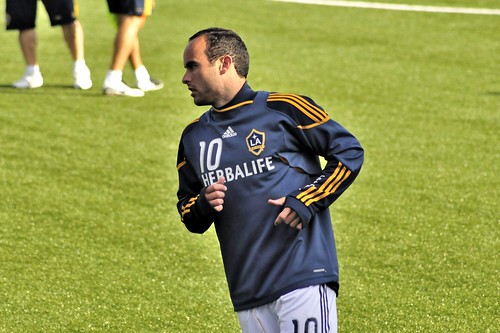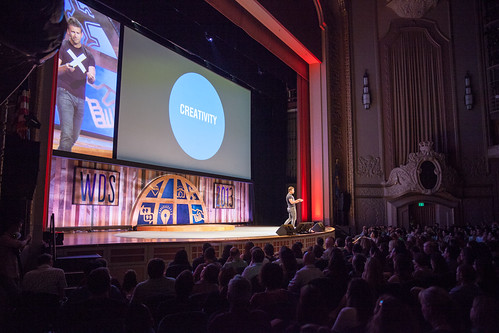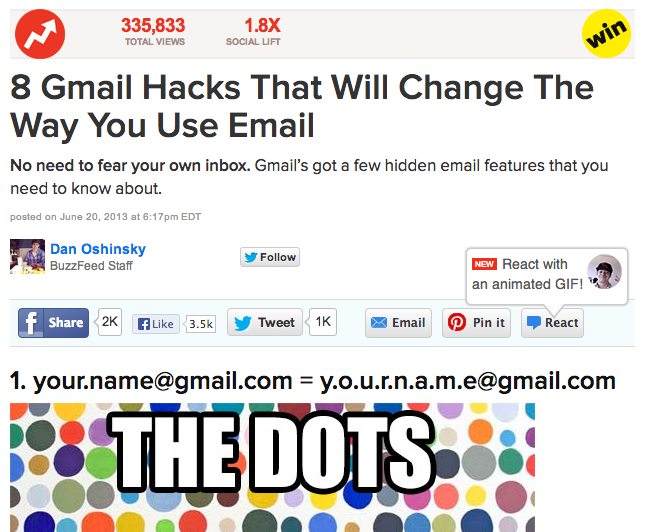“You can’t let praise or criticism get to you. It’s a weakness to get caught up in either one.” — John Wooden
This is Landon Donovan. He has scored more goals for the United States Men’s National Team than any other player in U.S. soccer history.
This is George Dohrmann. He is a reporter for Sports Illustrated. Here’s what he had to say about Landon Donovan during yesterday’s 5-1 U.S. victory over El Savador:
Two pts I've made over and over looking very true in 1st half: Landon not a great finisher, and Beasley won't start at LB in WC.
— George Dohrmann (@georgedohrmann) July 21, 2013
So to recap: Dohrmann feels that Landon Donovan — the greatest goal-scorer that American team has ever had — is not that good at finishing off goals.
Donovan went on to score a goal and notch three assists in the game, but Dohrmann kept up the hate tweeting.
Point is: Haters are always gonna hate. Even the very best in the world get have to deal with the haters.
So just do your work. If you’re getting the results you want, then forget about what they’re saying about you on Twitter. Some people just hate because they love to hate.
That image of Landon comes via.









